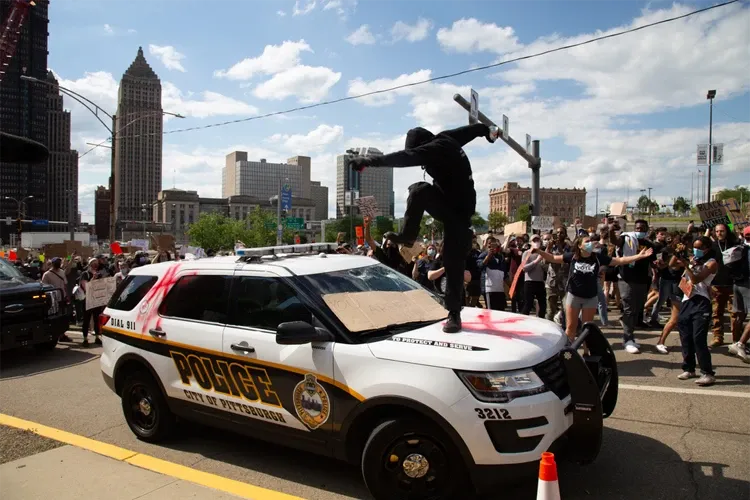Pittsburgh Police announced that they would no longer respond to calls that are not “in-progress emergencies” amid issues related to staffing shortages.
Pittsburgh Police Chief Larry Scirotto announced various changes to the work structure for officers in the city last month, such as a pivot away from traditional eight-hour workdays and toward four ten-hour workdays every week with three days off, in the interest of improving morale. Yet stations will no longer have officers at the desk from 3:00am to 7:00am, with as few as twenty-two officers covering the entire city during those early morning hours.
Calls for theft, harassment, criminal mischief, and burglary alarms will meanwhile be processed by online reporting or a telephone reporting unit in the interest of reducing staff time spent on false alarms. In the case of a burglary, for instance, Scirotto said that there will need to be “a second authentication factor” such as video of interior motion or evidence of glass breakage.
Scirotto commented that officers responding to every emergency caller is a “tremendous expedition of resources” and not “the most efficient way to use our resources,” while “going from one call to another cannot help our officers be part of the community they serve.”
Other amendments to operations include data-driven zone sizes, a new violent crime division, and one hour of weekly paid wellness time for officers that they can use at their discretion.
Pittsburgh Police currently has 740 officers but budgets for 850 officers. Pittsburgh Police Officers Union President Bob Swartzwelder said in a statement that the new workforce plan is indeed “a direct response to a seriously understaffed police department” and cautioned that “only time will tell if the plan works or the chief will need to pivot and modify his plan quickly.”
The staffing issues come after Pittsburgh officials moved to defund the police in the summer of 2020. Members of the Pittsburgh City Council passed bills which froze hiring for recruits and first-year officers, ended the purchase of supplies from the military, and banned chokeholds.




